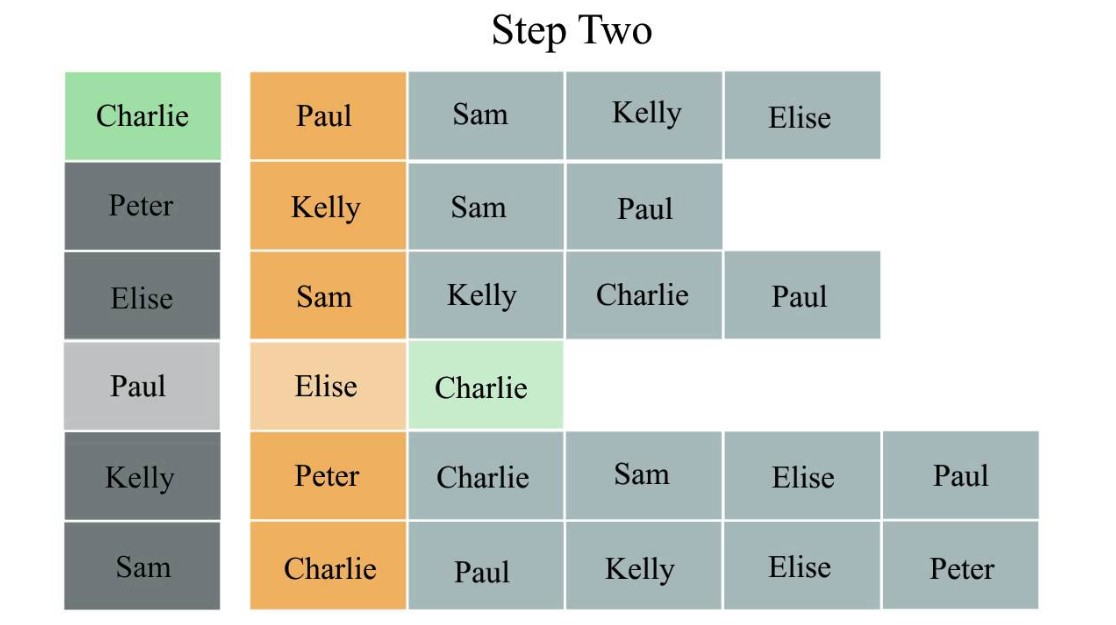Introduction
What is a Roommate Matching Algorithm?
A roommate matching algorithm is a data-driven tool designed to pair individuals with compatible roommates based on various factors like personality traits, habits, and preferences. Gone are the days of relying solely on chance or word-of-mouth referrals—this innovative approach brings precision and convenience to the roommate search process.
Why It Matters in Today’s World
With the rise in urbanization, shared housing has become the norm. But sharing a living space with someone isn’t always easy. Roommate matching algorithms tackle the challenge by focusing on compatibility, reducing conflicts, and creating harmonious living arrangements.
How Roommate Matching Algorithms Work
Data Collection
The foundation of any effective matching algorithm is accurate data collection.
Surveys and Questionnaires
Users are often asked to fill out detailed surveys covering topics such as lifestyle habits, social preferences, and cleanliness standards.
Preferences and Priorities
Whether you value peace and quiet or thrive in social environments, these systems capture your priorities to ensure a better match.
Scoring Compatibility
Roommate matching algorithms use sophisticated scoring mechanisms to evaluate compatibility.
Weighted Scoring Systems
Certain factors, like shared interests or smoking habits, may carry more weight depending on user input.
Importance of Personality Traits
Traits like introversion versus extroversion or tidiness can heavily influence compatibility scores.
Matching Criteria
Lifestyle and Habits
Algorithms consider daily routines, from waking hours to noise tolerance levels.
Budget and Location
Financial compatibility is crucial. These tools ensure roommates can agree on rent and preferred areas.
Common Interests
Shared hobbies or interests can foster better relationships, making living together more enjoyable.
Technologies Behind Roommate Matching Algorithms
Machine Learning Models
Pattern Recognition
AI models analyze patterns in user data to identify trends and predict compatibility.
Predictive Analytics
These systems use historical data to anticipate potential issues, ensuring smoother matches.
Natural Language Processing (NLP)
Analyzing Text-Based Preferences
NLP tools analyze responses to open-ended questions, gaining deeper insights into user needs.
Understanding User Sentiment
NLP helps interpret tone and sentiment, ensuring preferences are understood accurately.
Algorithm Optimization
Real-Time Adjustments
Algorithms can adapt in real-time, refining matches as new data becomes available.
Scalability
Modern systems handle thousands of users simultaneously, ensuring quick and efficient processing.
Applications of Roommate Matching Algorithms
College Dorm Assignments
Universities use these algorithms to assign dorm roommates, reducing conflicts among students.
Shared Housing Platforms
Online platforms streamline the process for those seeking roommates in bustling cities.
Co-Living Spaces and Communities
Startups offering co-living spaces rely on these tools to build harmonious living environments.
Benefits for Different Stakeholders
For Students
Students benefit from reduced stress during the move-in process, focusing more on studies than disputes.
For Landlords
Landlords enjoy fewer complaints and a higher likelihood of long-term tenants.
For Co-Living Startups
These startups can scale operations efficiently, providing better services to clients.
Challenges in Implementing Roommate Matching Algorithms
Data Privacy and Security
Protecting user data is paramount to maintaining trust in these systems.
Algorithm Bias
Unchecked biases can lead to unfair matches, necessitating regular audits and improvements.
Ensuring Accurate User Input
User honesty is crucial; inaccurate information can compromise match quality.
Future Trends in Roommate Matching
AI-Powered Personalization
Advanced AI models will offer hyper-personalized matches, considering even subtle preferences.
Blockchain for Secure Data Sharing
Blockchain technology could provide enhanced security, ensuring user data remains private.
Virtual Reality for Pre-Matching Experiences
Imagine virtually meeting your potential roommate before making a decision—this is closer than you think!
Best Practices for Using Roommate Matching Tools
Be Honest with Your Preferences
Accuracy is key. Don’t shy away from expressing your actual needs and boundaries.
Review Compatibility Reports Thoroughly
Take time to understand the match results and ask questions if needed.
Communicate Expectations Clearly
Set expectations early to avoid future misunderstandings.
Conclusion
Roommate matching algorithms are transforming how we find living companions, making the process smarter, faster, and more efficient. By leveraging technology, these systems ensure better compatibility, fostering harmonious relationships in shared living spaces. As they evolve, they promise to redefine the roommate experience for the better.
FAQs
-
How do roommate matching algorithms ensure compatibility?
By analyzing data such as personality traits, lifestyle habits, and preferences. -
Are these algorithms suitable for finding roommates in large cities?
Yes, they’re especially helpful in bustling areas with many housing options. -
What data do these systems use for matching?
Data includes surveys, preferences, and even user sentiment from open-ended questions. -
Can roommate matching algorithms help prevent disputes?
Absolutely. By pairing compatible individuals, they reduce potential conflicts.
How secure are these platforms?
Most platforms use robust encryption and adhere to data privacy regulations.

